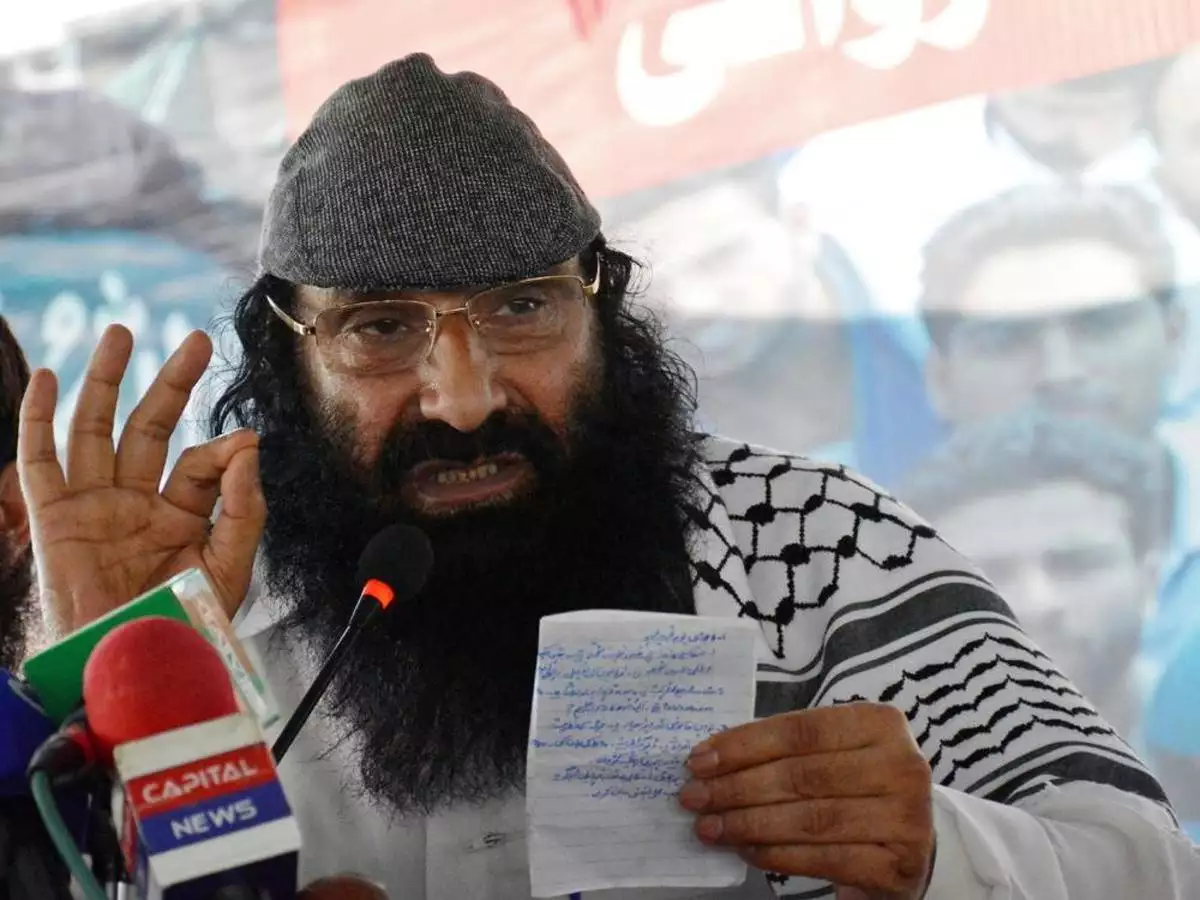Srinagar: The newly constituted State Investigation Agency (SIA), mandated to probe terror related cases in Jammu and Kashmir, has begun its crackdown on proscribed Jamaat-e-Islami and quizzed its chief along with some associates for their association with terrorist groups.
On Thursday, SIA quizzed last serving Ameer (Chief) Abdul Hameed Ganie of Jamaat for eight hours for their role in association, terror links and funding. Besides Ganie, five other senior members of banned Jamaat were also quizzed.
They were summoned and quizzed by SIA in case FIR No. 17/2019 U/S 10, 11, 13 ULA (P) Act of P/S Batamaloo currently being investigated by the agency.
Questioning included enquiry on a recent video and press release from proscribed Jamaat in the light of foreign operations of proscribed banned outfit.
There were reports of a conference on Kashmir in Bosina. The Jamaat-e-Islami Jammu and Kashmir and its associated organisations were allegedly involved in the conduct or promotion of the conference in Bosnia.
However, the Jamaat refuted the reports and termed them baseless. It said the Jamaat is not functional due to the ban and it has no associate organisations anywhere in the world nor any representatives.
The Jamaat-e-Islami Jammu and Kashmir was banned by the Ministry of Home Affairs for five years on February 28, 2019 under section 3 of the Unlawful Activities (Prevention) Act. The Union Home Ministry, in a notification, declared that Jamaat has been indulging in activities which are prejudicial to internal security and public order and have the potential of disrupting the unity and integrity of the country.
The decision of banning the Jamaat as an unlawful association was confirmed by the Unlawful Activities (Prevention) Tribunal in August 2019, after it perused various evidences including the background note and affidavits submitted respectively by the Union government and the Jammu and Kashmir Police about the secessionist tendencies of Jamaat.
Last year, in August, National Investigation Agency had raided over 60 premises of Jamaat at various locations in Kashmir and recovered scores of digital and documental evidences.
Several Jamaat-e-Islami J&K leaders and cadre have been taken into preventive custody in a bid to foil terror operations in the Valley.
Just three days after NIA raided over 60 locations linked to the banned Jamaat-e-Islami in Jammu and Kashmir, three former Amirs (chiefs) of the organisation issued a longish and a very important statement to the press. The three-part statement challenges the charges levelled against the organisation and explains in detail the evolution of the Jama’at-e-Islami in Jammu and Kashmir, its core ideology and relations with Hurriyat Conference and armed groups like Hizbul Mujahideen. It was the first statement issued by the organisation since it was banned in 2019.
Many Jamaat leaders including Muhammad Yusuf Shah, who later came to be known as Sayeed Salahuddin now heading the United Jehad Council (UJC), crossed the Line of Control (LoC) for arms training. Although Jamaat consistently denied having any direct role in terrorism, a founding member of the Pakistan-sponsored Hizbul Mujahideen (HM) called HM as the “sword arm of Jama’at”.
Later, it was associated with the Hurriyat Conference from the early 1990s till 2008 when it formally distanced itself from the conglomerate.










